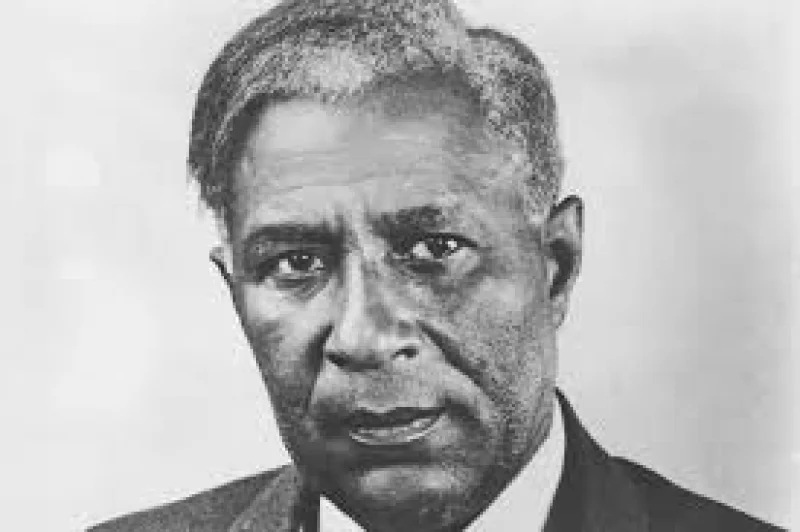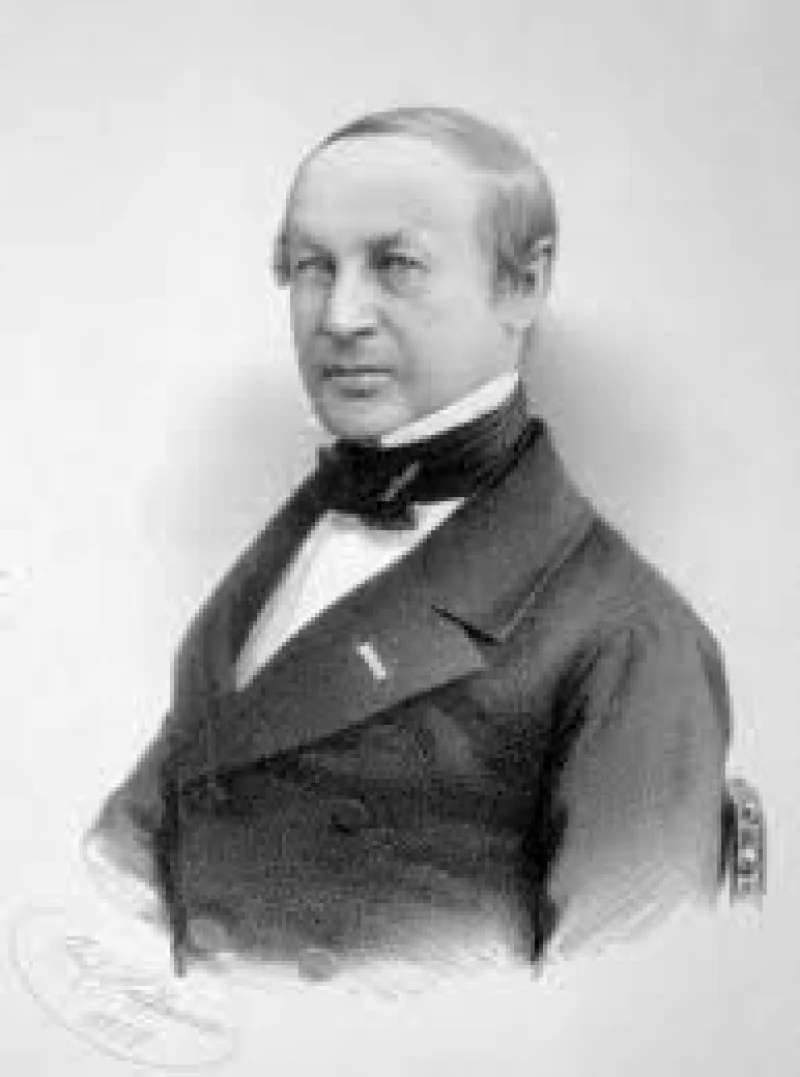Short Summary
Charles Babbage was a pioneering mathematician and inventor, best known for conceptualizing the first mechanical computer, the Analytical Engine. His work laid the groundwork for modern computing, earning him recognition as the "father of the computer." Despite not completing his machines during his lifetime, his innovative ideas significantly influenced later developments in computing technology. Babbage's contributions extend beyond computing, reaching into areas such as economics and cryptography.
Early Life & Education
Born on December 26, 1791, in London, England, Charles Babbage was the son of Benjamin Babbage, a wealthy banker, and Betsy Plumleigh Teape. He demonstrated a keen interest in mathematics from a young age. He attended several schools before enrolling at Trinity College, Cambridge, in 1810. At Cambridge, he co-founded the Analytical Society, which aimed to reform the teaching of mathematics in England. During his studies, he was influenced by the works of European mathematicians, which fueled his passion for innovation and invention.
Career Highlights
Throughout his career, Babbage held several prominent positions, including a Lucasian Professor of Mathematics at Cambridge University. He is most renowned for designing the Difference Engine, a machine intended to automate polynomial calculations. Although never fully constructed during his lifetime, the Difference Engine marked a significant milestone in computational technology. He later conceptualized the Analytical Engine, which had features similar to modern computers, such as the use of punched cards and a separate memory unit. His work also extended to fields like economics, where he made contributions to the theory of political economy.
Major Achievements
- Designed the Difference Engine: An early mechanical calculator intended to compute polynomial functions.
- Conceptualized the Analytical Engine: Considered the first design for a general-purpose computer.
- Co-founded the British Association for the Advancement of Science: Aimed to promote scientific research.
- Developed a standardized system of railroad gauges: Improved efficiency in transportation.
- Published "On the Economy of Machinery and Manufactures": Influential work in political economy.
Famous Quotes
- "Errors using inadequate data are much less than those using no data at all."
- "The whole of arithmetic now appeared within the grasp of mechanism."
Interesting Facts
- His unfinished projects included the design of a "cow-catcher" for locomotives.
- He was a founding member of the Royal Astronomical Society.
- He held a fascination with automating the production of tables and calculations.
- His design of the Analytical Engine featured an early form of a printer.
Legacy / Influence
Charles Babbage's pioneering work laid the foundational concepts for the modern computer. His ideas inspired subsequent generations of computer scientists and engineers, influencing the development of computing devices in the 20th century. Babbage's vision of a programmable machine foreshadowed the digital revolution, making him a key figure in the history of technology and computation.
FAQ
Q: Why is Charles Babbage famous?
A: He is famous for designing the first mechanical computers, the Difference Engine and the Analytical Engine.
Q: Did Babbage complete any of his machines?
A: No, Babbage did not complete his machines during his lifetime, but his designs were later recognized for their significance.
Q: What was the Analytical Engine?
A: The Analytical Engine was a design for a general-purpose mechanical computer that included features akin to modern computers, such as memory and an arithmetic logic unit.
Q: What other fields did Babbage contribute to?
A: Besides computing, he made contributions to economics, cryptography, and transportation engineering.












